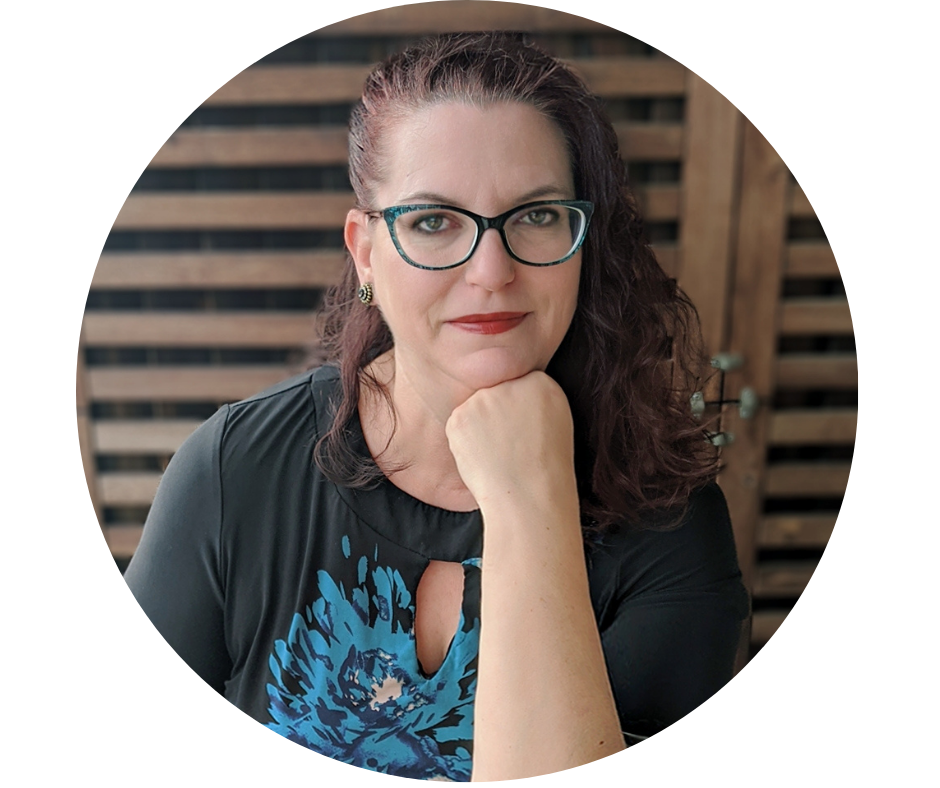
Using a Team Canvas to Build High-Performing Teams
05/08/2020
Many of us are familiar with the concept of a canvas. There are all types of canvas examples that you can find in a quick online search. The purpose of these canvases is that information is focused and captured in one page. It eliminates the need to write copious amounts of information to get the point noted down. It allows you to get the full picture without reading pages and pages of text. So what application would a canvas have for a new team?
WHY A TEAM CANVAS?
If you have a new group of people working together for the first time, a team canvas would be a great way to start to actually help them identify as a team. It gives you a chance to set the tone of inclusivity, and make it clear that everyone has a value to add to the team. I would say that this is also critical if you have people coming from different parts of the organisation and working together for the first time as a new group. Firstly, it offers the team a chance to define who they are, rather than be an unintentional group of people assigned to the same task.
Secondly, it is an opportunity to coach the team using different techniques to ensure that everyone on the team is heard. Start by sending out the basic canvas in advance, so that people have a chance to gather their thoughts in their own headspace without the pressure of speaking on the spot. This inherently allows for individual thought. It’s also a chance for those who can’t or don’t think well on their feet to participate by having time to prepare.

Then when the team comes together, start by gauging where people are in their comfort zone with even working together. Do they understand the mission or purpose of the team? Do they know how they fit into the schema of the team? Where are they in terms of working in a distributed team? We will not go into the techniques to do this since that’s an entire course by itself, but we will hopefully get you to why this is important to do - so that you can plan your next steps.
DEFINING THE TEAM
Once the playing field has been level-set on the why and what of the group, then move on to defining how the team sees themselves. How do they want to show up? What are the values of the group? What does working together look like? What does it look like when it is not working?
Work with the team on defining their value words and then creating their value statements. If they can’t define who they are, then when they aren’t working well together it won’t be immediately apparent. And if they don’t have a voice to communicate problems, they will fester and erode at the fabric of the group until you are doing crisis intervention instead of producing work.
CHECKING IN
And finally, ensure that you have a way to check in. Individuals need to have a way to check in with each other. There needs to be a feedback loop for the team as a whole to communicate issues or successes with each other. And everyone on the team has to have a way to reach you as a leader. By reach, I don’t mean that you have given them your personal mobile phone number so they can text you after hours. How to reach you means letting the team know how to say “Hey I am struggling right now and need you to be present to help me find a path forward” and come out the other side of the conversation feeling that they have been heard.
Of course, this can’t be achieved in a day or with a simple canvas. That’s why we’ve created a 12-week learning journey to Power Up Your Team Collaboration and create truly high-performing teams. In this programme, we’ll go deeper into strategies you can implement to facilitate collaboration within your team and create a culture where every member feels empowered and encouraged to perform their best work. Schedule a free strategy call now to learn whether you’re a good fit for our program.
Learn more about the work that we do and the programs that we offer. Set up a call to start planning how you want to change the culture of your organization.
Learn More
About the Author:
 INDRA A. BOOKS
INDRA A. BOOKS
With 25 years of award-winning coaching and leadership experience, Indra has a passion for helping companies, teams, and individuals bring about meaningful, goal-oriented transformations which are firmly grounded in Agile principles. She currently works from Spain with companies around the world to achieve sustainable growth based on true agility; helping them make value-based changes and see results with high-performing teams.
Connect with us
 |
 |
 |
Search

WELCOME TO THE AFA LEARNING PORTAL
We offer loads of free information here in the blog and also in our
resource library
AFA provides coaching, consulting, and training programs. In addition to specialized consulting, you have the option to choose from:
- group coaching programs
- masterclasses
- 1-week intensive offsites
Our programs are designed to help your organization to:
- Maximize Employee Engagement
- Foster Self-Organization
- Encourage Innovation
- Attain Higher Performance
- Be More Agile
